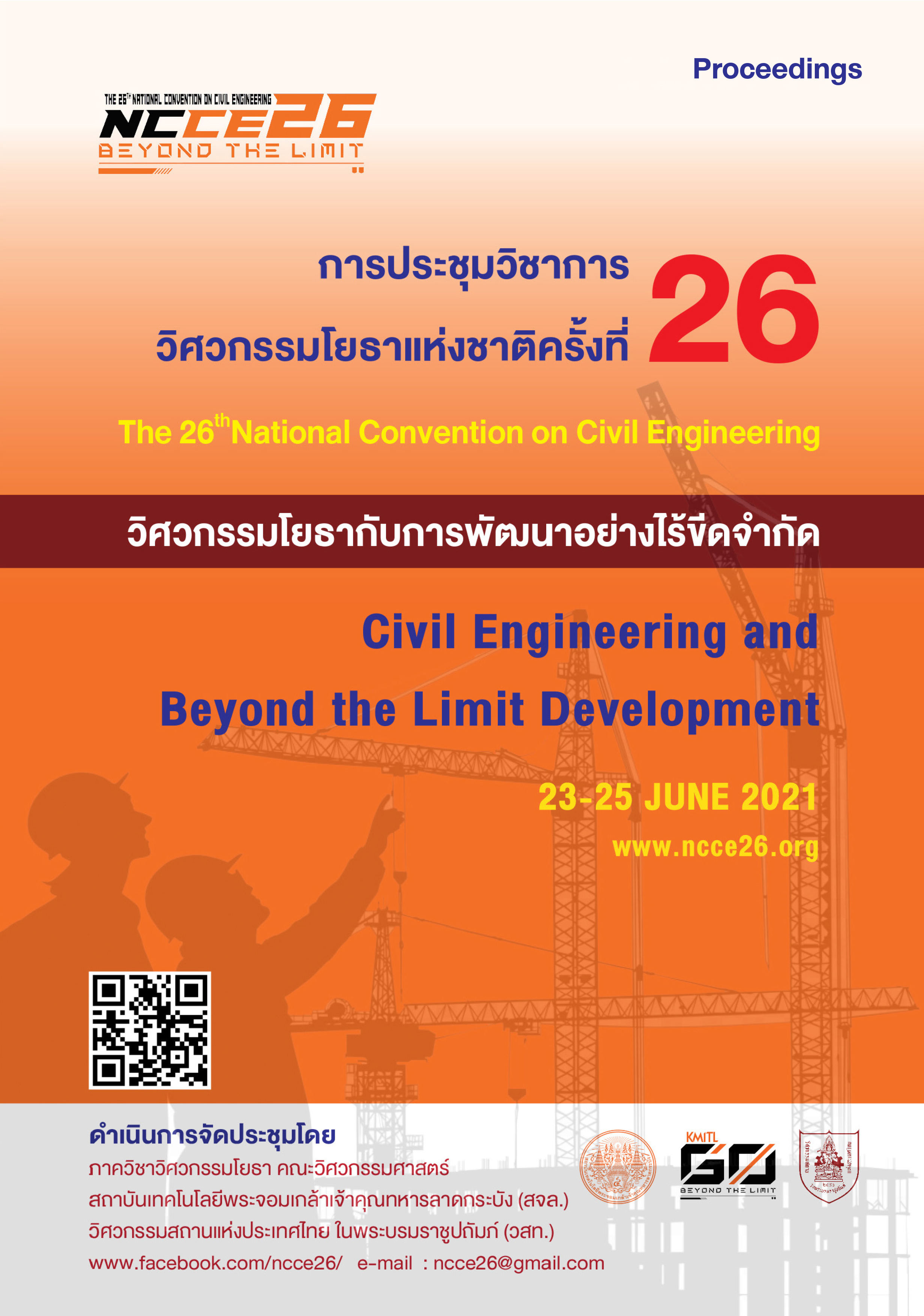A STUDY OF FACTORS AFFECTING WRONG-WAY RIDING BEHAVIORS AMONG MOTORCYCLISTS: THE CASE OF URBAN ARTERIAL ROAD IN KHON KAEN CITY, THAILAND
คำสำคัญ:
Theory of Planned Behavior, Motorcycle accident, Subjective Norm, Perceived Behavioral Control, Student.บทคัดย่อ
The wrong-way riding behaviors are increasingly found in Thailand, which could result from personal habits or inappropriate road design. The aim of the present study was to explain variables affecting the wrong-way riding behaviors of motorcyclists on Mittraphap Road, Khon Kaen City, Thailand. Data was collected from 200 motorcyclists and analyzed using the Structural Equation Model (SEM) and the Theory of Planned Behavior (TPB), which is a traffic psychology module including Attitude (ATT), Subjective Norm (SN) and Perceived Behavioral Control (PBC). The results indicated that the wrong-way riding intention model and wrong-way riding behavior could explain 58% and 39% of the variance of intentions, respectively, where the most significant factor of intention (IN) was subjective norm (SN). The outcome of this study is useful for responsible agencies to determine the required traffic safety strategies in order to reduce motorcycle accidents in the area of Khon Kaen City.
Downloads
ดาวน์โหลด
เผยแพร่แล้ว
วิธีการอ้างอิง
ฉบับ
บท
การอนุญาต
บทความทั้งหมดที่ได้รับการคัดเลือกให้นำเสนอผลงานในการประชุมวิชาการวิศวกรรมโยธาแห่งชาติ ครั้งที่ 26 นี้ เป็นลิขสิทธิ์ของ วิศวกรรมสถานแห่งประเทศไทย ในพระบรมราชูปถัมภ์



